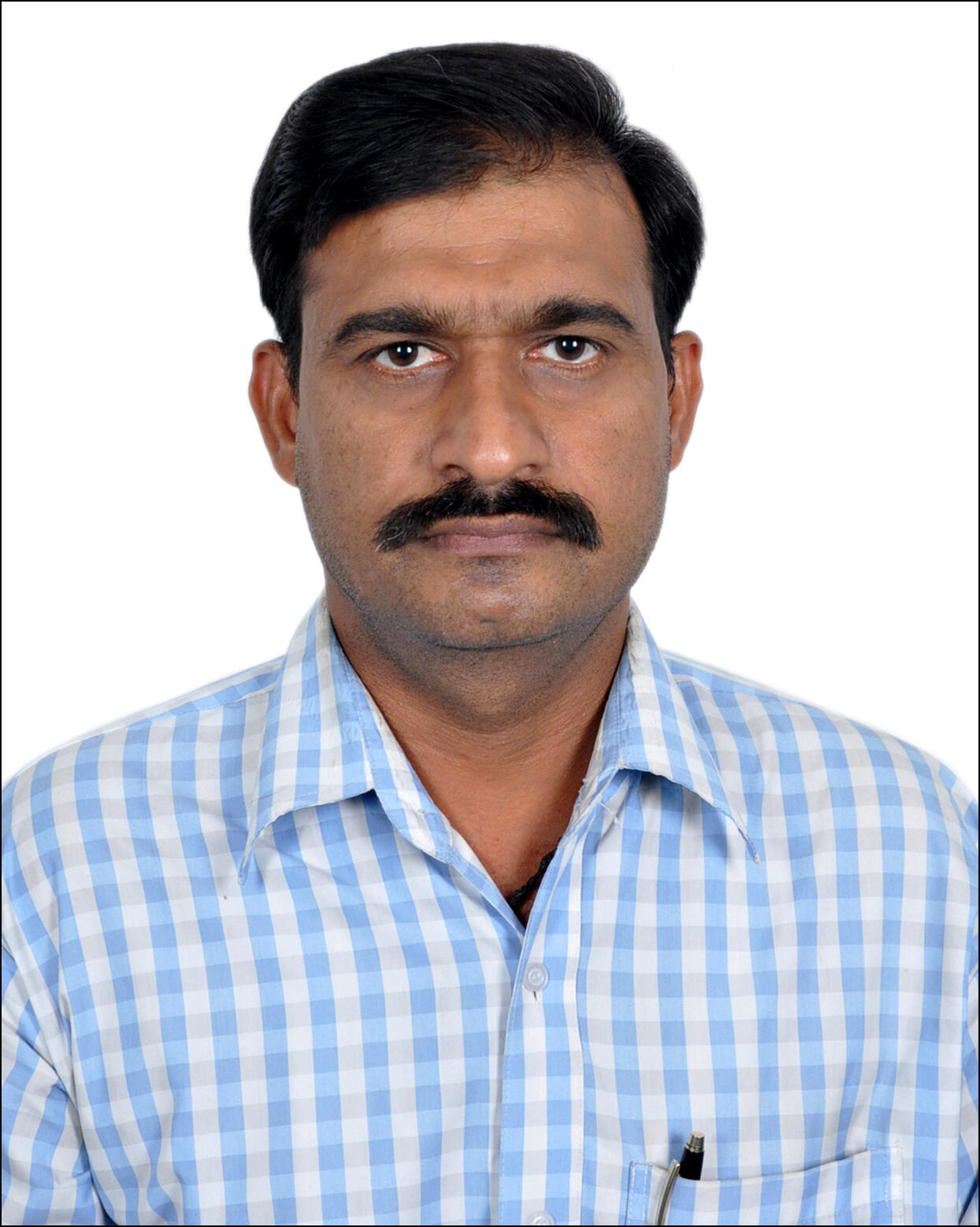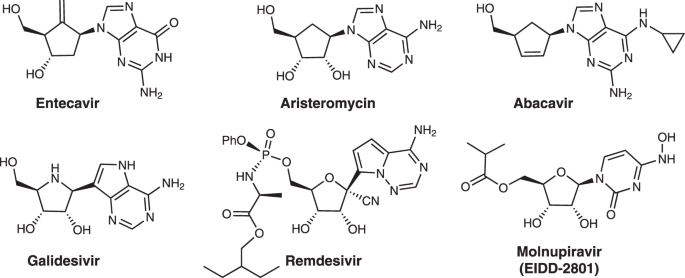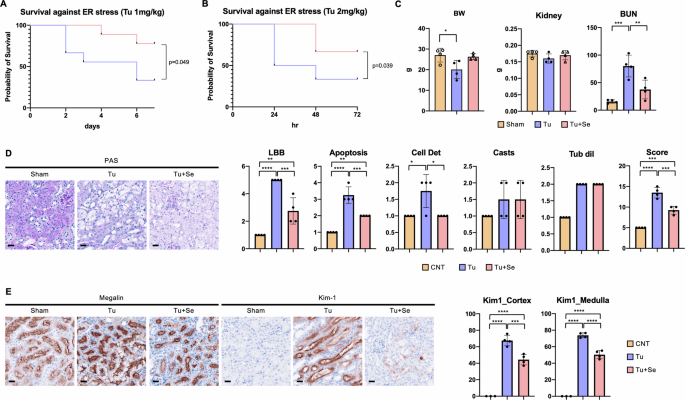- Select a language for the TTS:
- UK English Female
- UK English Male
- US English Female
- US English Male
- Australian Female
- Australian Male
- Language selected: (auto detect) - EN
Play all audios:
ABSTRACT ACCORDING to quantum mechanics, an oscillator possesses a definite zero-point energy of vibration, and an attempt has been made to express this result _directly_ in terms of some
general principle. It has been found that the result may be deduced from the uncertainty principle, in view of the particular relation between position, momentum and energy in a simple
harmonic field. Access through your institution Buy or subscribe This is a preview of subscription content, access via your institution ACCESS OPTIONS Access through your institution
Subscribe to this journal Receive 51 print issues and online access $199.00 per year only $3.90 per issue Learn more Buy this article * Purchase on SpringerLink * Instant access to full
article PDF Buy now Prices may be subject to local taxes which are calculated during checkout ADDITIONAL ACCESS OPTIONS: * Log in * Learn about institutional subscriptions * Read our FAQs *
Contact customer support SIMILAR CONTENT BEING VIEWED BY OTHERS TIME–INFORMATION UNCERTAINTY RELATIONS IN THERMODYNAMICS Article 21 September 2020 THE GOLDEN NUMBER SEEN IN A MECHANICAL
OSCILLATOR Article Open access 09 June 2022 RETRODICTION BEYOND THE HEISENBERG UNCERTAINTY RELATION Article Open access 09 November 2020 AUTHOR INFORMATION AUTHORS AND AFFILIATIONS *
Department of Applied Mathematics, University, Liverpool, R. A. NEWING Authors * R. A. NEWING View author publications You can also search for this author inPubMed Google Scholar RIGHTS AND
PERMISSIONS Reprints and permissions ABOUT THIS ARTICLE CITE THIS ARTICLE NEWING, R. Uncertainty Principle and the Zero-Point Energy of the Harmonic Oscillator. _Nature_ 136, 395 (1935).
https://doi.org/10.1038/136395b0 Download citation * Issue Date: 07 September 1935 * DOI: https://doi.org/10.1038/136395b0 SHARE THIS ARTICLE Anyone you share the following link with will be
able to read this content: Get shareable link Sorry, a shareable link is not currently available for this article. Copy to clipboard Provided by the Springer Nature SharedIt content-sharing
initiative






